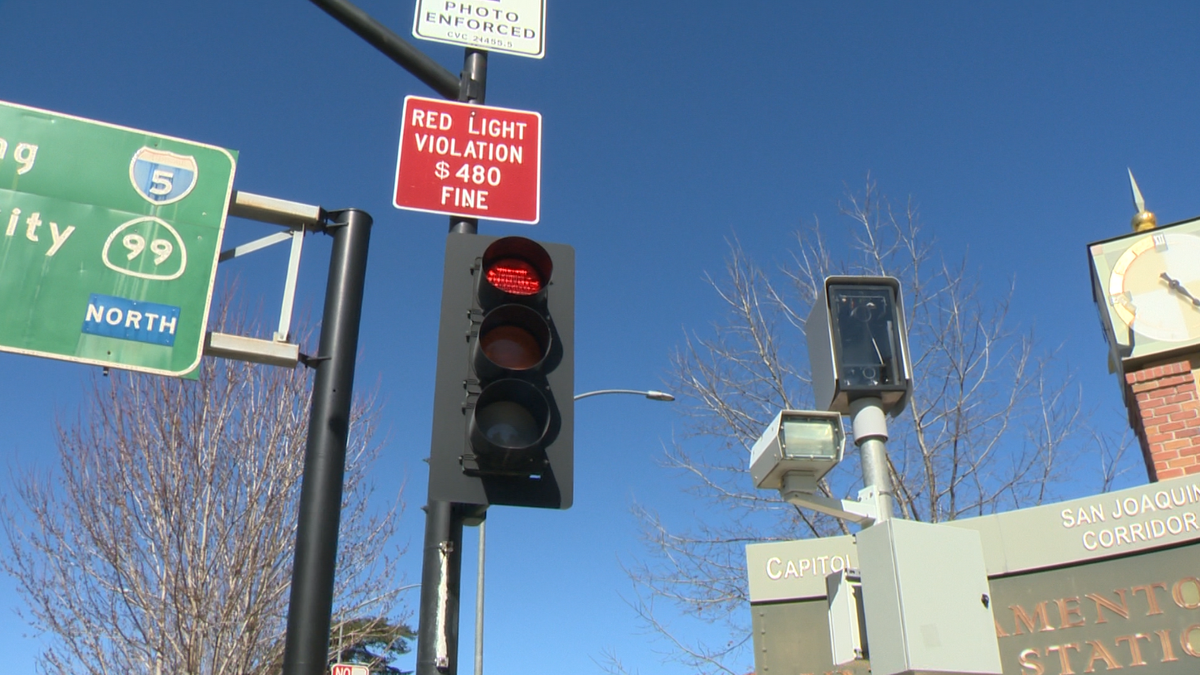SB 720 and What You Need to Know about Red Light Cameras
The Dangers of Red Light Running
In California, drivers run red lights daily, putting themselves and others at risk. It is a significant factor in severe injuries and traffic fatalities in California.
According to data from UC Berkeley’s Transportation Injury Mapping System (TIMS), in 2023 alone, there were 167 fatalities and nearly 1000 people suffered serious injuries due to red light running and traffic light violations.
While these numbers show a slight decrease from previous years, which saw 228 fatalities and more than 1000 serious injuries. These numbers highlight an ongoing road safety issue that not only affects drivers but also disproportionately affects vulnerable groups such as pedestrians, cyclists, and even children.
Therefore, a change needs to be made because of this urgent issue.
Outdated Red Light Camera Law
Despite this being a consistent and severe issue, California’s red light camera system hasn't been updated since 1995.
This outdated system has several flaws, especially regarding privacy, in which a photo of the driver’s face is needed to issue fines, which can be up to $500 per violation.
Furthermore, California is the only state that still issues automated red light camera moving violations requiring photos of a person’s face, which affect driving records and insurance rates. This requirement can cause problems in court, with tickets being regularly dismissed.
California’s red light camera system needs an overhaul, and that’s where SB 720 comes in.
SB 720 and How it Will Update California’s Red Light Camera System
SB 720 provides a new red-light enforcement approach by introducing the Safer Streets Program. This would allow local jurisdictions, cities, and counties to opt into this program, which is designed to save lives, improve privacy and security, and eliminate costly fines.
Instead of issuing moving violations, The Safer Streets Program would issue civil violations, similar to a parking ticket, which would not only decrease fines to only $100 but would not impact a driver’s record or insurance rates.
Furthermore, the program also has a way for low-income drivers to reduce their fines automatically.
Additionally, the program will have stricter privacy protection, in which a photo of the driver’s face would not be needed, and any information about the location and vehicle owner would not be kept beyond the point when the tickets are resolved.
The program is administered by the Department of Transportation or the Public Works Department for a city or county, not law enforcement, and data from this program can’t be shared with law enforcement agencies without a court order.
Lastly, any profit generated by the Safer Streets Program must first be used to cover the program's cost, with any profit required to be used only for safer streets initiatives, including pedestrian and cyclist safety improvements.
Red Light Cameras Work
Despite opposition to automated enforcement, red light camera programs have effectively saved lives by reducing collisions, serious injuries, and fatalities.
A study by the Insurance Institute for Highway Safety found that cities with red light safety cameras saw a 21% reduction in fatal red light running crash rates and a 14% decrease in other fatal crashes at intersections with traffic signals.
On the other hand, cities that have removed their red light cameras experienced a 30% increase in deadly crashes.
Additionally, research by engineers at the Institute of Transportation Engineers showed that red light violation rates dropped by 40% after cameras were introduced, demonstrating red light cameras' role in reducing dangerous driving behaviors, fatalities, and severe injuries.
Taking Action
Traffic fatalities are more than numbers; they represent people, parents, children, or friends who have lost their lives due to a preventable crash.
SB 720, Safer Streets Program, provides a common-sense solution to a deadly problem in a way that doesn’t cost taxpayers money, has strict privacy provisions, and is equitable.
California legislators have the opportunity to pass legislation that will reduce traffic collisions, injuries, and fatalities on California roads.
We urge legislators to support SB 720.
If you also want to support legislation that will save lives, join our coalition.



